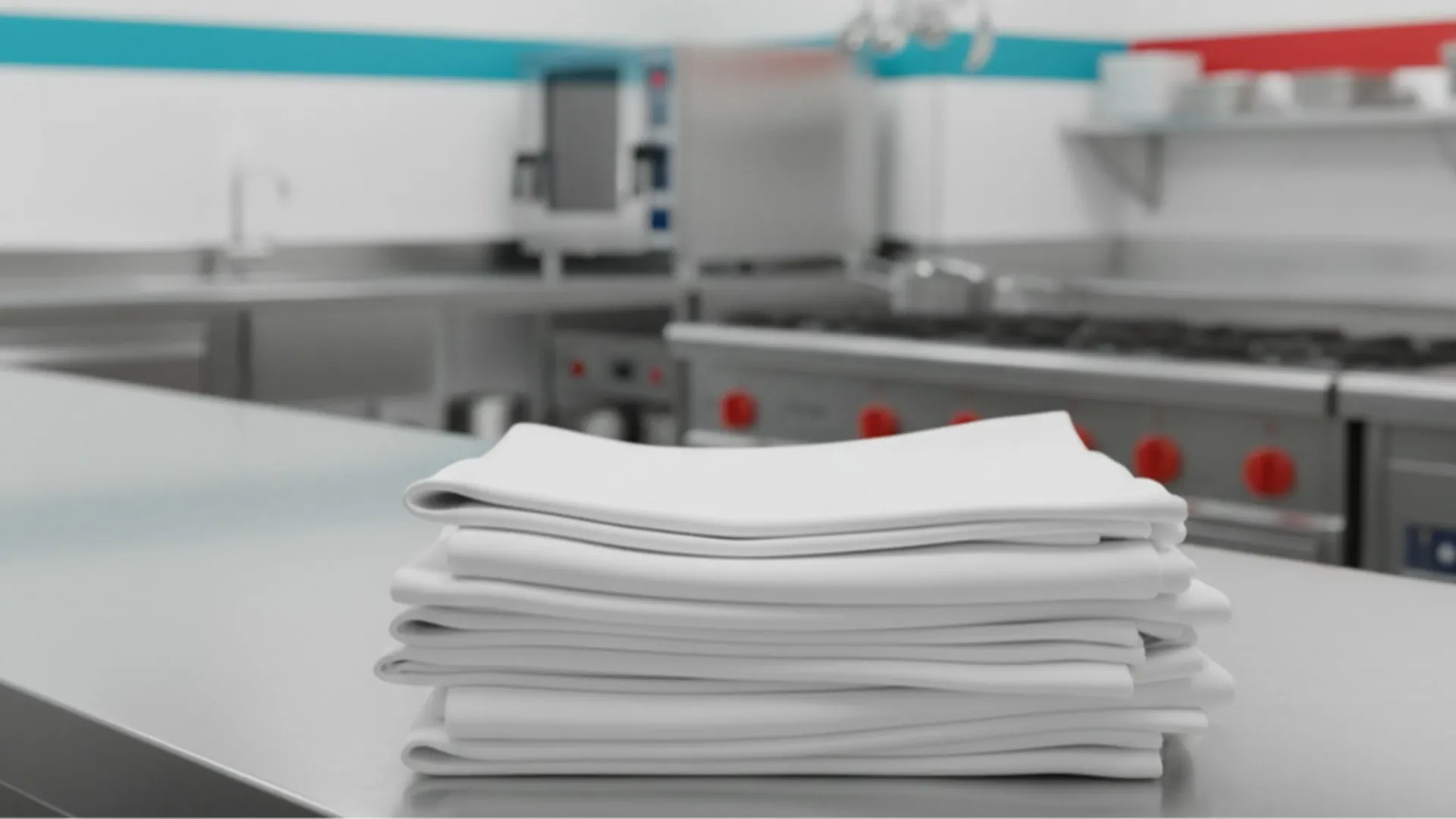Textile management in restaurant operations is vital for both customer health and corporate reputation. Well-designed and executed washing processes support cost control while ensuring consistent service quality. Professional tablecloth and napkin cleaning practices minimize microbial risks and maintain kitchen textile hygiene. Bulk laundry and industrial cleaning services enhance operational efficiency and stock management. Selecting the right outsourcing partner reduces risks, streamlines workflows, and improves customer satisfaction, offering data-driven insights for decision-making.
Why Professionalism Makes a Difference Among Restaurant Laundry Companies
For corporate managers, the choice of service provider directly affects operational continuity and standardization. Professional restaurant textile washing goes beyond surface cleanliness—it ensures compliance with hygiene policies, simplifies audits, and strengthens customer confidence. Professionalism is achieved through technology, process control, skilled staff, and traceable documentation, enabling suppliers to stand out in quality consistency, risk management, and cost efficiency.
Operational compliance is achieved through integrated bulk laundry programs and well-planned logistics aligned with restaurant laundry requirements. Quality consistency relies on standardized formulas, temperature control, and packaging protocols for tablecloth and napkin washing. Risk management is maintained by separating clean and soiled lines, applying fabric classifications, and enforcing biological safety. Efficiency and cost control emerge from optimizing energy, water use, and labor planning within industrial laundry services.
Food Safety and Hygiene Management in Kitchen Textile Cleaning
Kitchen textile hygiene is an essential part of food safety policy and must be implemented systematically. Professional restaurant textile washing includes appropriate chemical selection, temperature control, proper cleaning duration, and effective drying. This approach reduces microbial load, prevents cross-contamination, and protects consumer health. Corporations should emphasize audits, process records, critical control points, and supplier certifications when developing hygiene management plans.
Professional providers minimize risks through separate washing lines, fabric classification, and hygienic packaging. Documented parameters for detergent dosing, water temperature, and drying ensure traceability and compliance. Partnering with certified industrial laundries improves audit transparency and consumer trust, making hygiene compliance measurable and verifiable.
Washing Processes That Meet Restaurant Textile Hygiene Standards
Washing processes in restaurant operations must align with hygiene targets and operational risk profiles. Professional restaurant textile washing involves classification, correct chemical use, and appropriate drying procedures. Clearly defined audit criteria and documented inspection protocols maintain consistency and reliability.
Restaurants should request detailed supplier documentation—certifications, process records, maintenance logs, and performance reports. Equipment maintenance, detergent management, and transport hygiene are also critical. For further guidance, see restaurant textile hygiene standards, which outline best practices in food-safe laundry management.
Water and Energy Savings with Eco-Friendly Washing Technologies
Eco-Friendly Washing Technologies focus on reducing water and energy consumption while maintaining hygiene standards. Modern facilities employ water recycling, low-temperature washing, and process optimization to enhance sustainability and lower costs. Corporate managers should review equipment efficiency charts, chemical reports, and test data to evaluate environmental performance. Optimizing washing cycles preserves fabric lifespan and reduces textile expenses.
Integrating sustainable cleaning technologies into supplier evaluations ensures both hygiene compliance and environmental accountability. This dual approach strengthens the professional restaurant textile washing process and contributes to long-term operational responsibility.
Enhancing Quality and Efficiency in Restaurants with Industrial Laundry Services
Choosing the right outsourcing partner standardizes operations and ensures quality continuity. Professional restaurant laundry services reduce workloads and simplify stock management through consistent bulk cleaning. Industrial infrastructure with advanced machines, process control, and quality assurance delivers superior performance in tablecloth and napkin care.
Key evaluation criteria include supplier experience, certification, logistics capabilities, cost-performance balance, and emergency management readiness. Contracts should define audit frequency, acceptance criteria, and monitoring methods. Regular training and maintenance reviews further enhance reliability. Professional restaurant textile washing integrated with in-house systems boosts labor efficiency, strengthens hygiene compliance, and ensures sustainable operations. This holistic approach preserves brand reputation and enhances customer satisfaction through consistent quality and performance monitoring.



